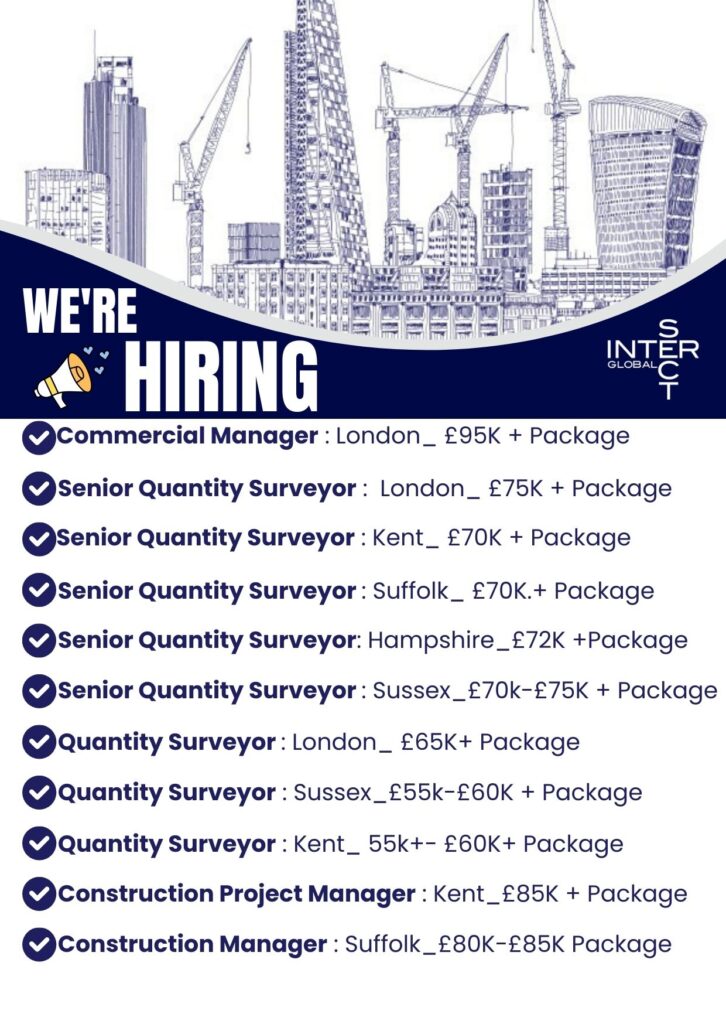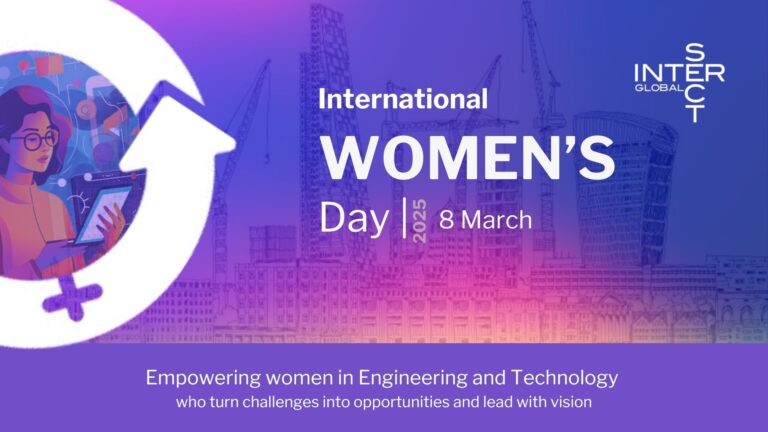In December last year, we shared an article by the Construction Enquirer about a wall of bubbles used to protect migrating salmon from work being carried out on a dock. A Dutch startup led by sailors and surfers has been using a similar process to stop plastic waste from reaching the sea.

The low-fi pollution solution has proven surprisingly effective in the Netherlands. Now, the technology is set to be rolled out elsewhere in Europe.
The Great Bubble Barrier deploys a perforated tube on riverbeds to create a curtain of bubbles which nudges waste to the bank for collection.
And for such a lo-fi method it’s proven remarkably effective, snagging plastic particles as small as 1mm and intercepting as much as 86 per cent of flotsam in inland waters before it reaches the sea.
It’s a solution that is sorely needed. Every year, more than 8m tonnes of plastic ends up in our oceans, of which 60-80 per cent originates in rivers.
The concept was devised by a team of Dutch ocean lovers in 2017. They came up with a design that catches plastic over a river’s full width and depth, and directs it to a catchment system that collects and compresses the waste.
The first bubble barrier was installed on a waterway in Amsterdam in 2019. And last summer, a second was installed in the mouth of the Oude Rijn (Old Rhine) river at Katwijk in mid-western Netherlands after locals expressed dismay at plastic pollution littering the town’s beach.
The bubble curtain is created by an air compressor running on renewable electricity, which pumps air to the riverbed tube, laid diagonally across the waterway. The bubbles lift plastics to the surface, and the flow of the river channels waste sideways into a catchment system.
Great Bubble Barrier’s method operates 24/7, works regardless of water levels, and allows aquatic life and river traffic to pass unhindered. Following successful trials in the Netherlands, two more bubble barriers are now being planned for Portugal and Germany.
“Rivers are the highway to our oceans, transporting pollution all the way there,” said Francis Zoet, co-founder of the startup. “Our Amsterdam system is preventing 8,000 pieces of plastic from reaching the North Sea each month. But we don’t plan to stop there: the first international systems are on the agenda, and we can’t wait to tackle pollution across our borders.”





